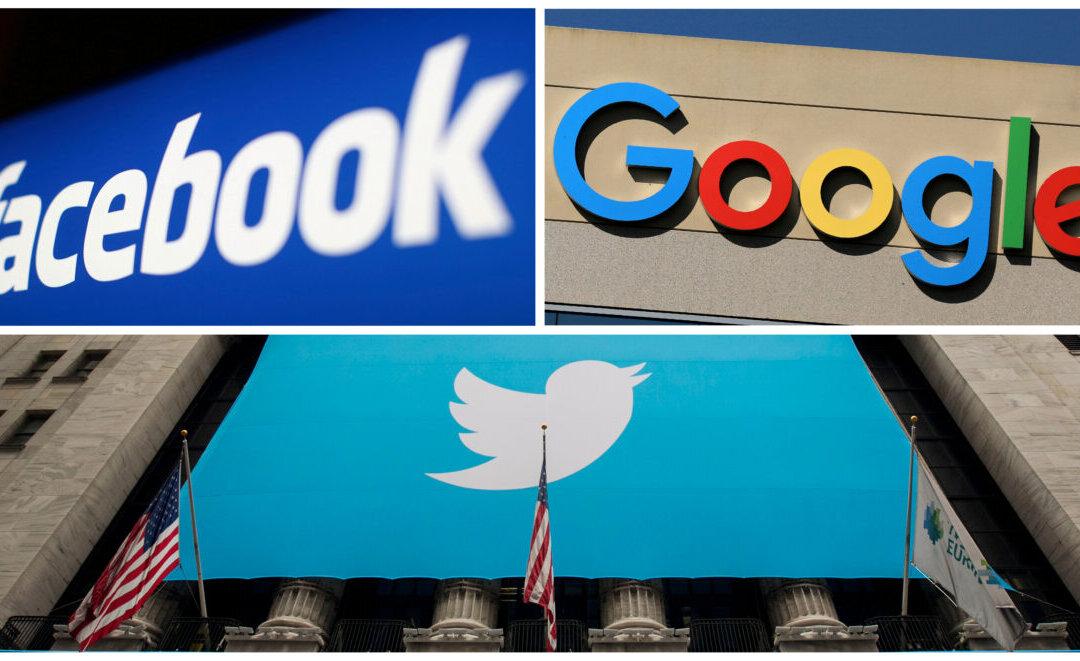Texas Gov. Greg Abbott says he’s working with state legislators on a bill to prevent big tech companies from taking action to moderate user content based on political viewpoints.
“We are working with Sen. [Bryan] Hughes on legislation to prevent social media providers like Facebook & Twitter from cancelling conservative speech,” Abbott said in a Feb. 7 statement on Twitter.




